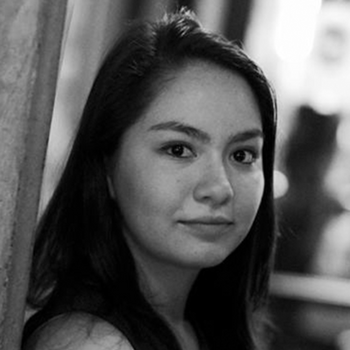DePauw offers guide on moving past ‘privilege guilt’
DePauw University has published a Resource Guide designed to teach students how to handle “white fragility” and how to move past “privilege guilt.”
The guide, touted by the university’s Compton Center for Peace and Justice, encourages students to take an hour of their time to study a list of provided materials that can “help you navigate issues surrounding racism, homophobia, xenophobia, classism, and other systems of oppression.”
[RELATED: Students earn credit for attending White Privilege Conference]
The first two items on the list are lectures by Kimberle Crenshaw, a scholar known for her substantial contribution to intersectionality theory, and Bryan Stevenson, who lectured on slavery and the prison system.
The guide goes on to list six more articles examining other social justice topics, such as LGBTQ rights and “anti-racism.”
One article, titled “White Fragility: Why It’s So Hard to Talk to White People About Racism,” was published by the Good Men Project and explores issues including “racial stress” among whites.
According to the author, some of the challenges that “trigger racial stress for white people” include “suggesting that group membership is significant (challenge to individualism),” “people of color talking directly about their own racial perspectives (challenge to white taboos on talking openly about race),” and “being presented with a person of color in a position of leadership (challenge to white authority).”
The essay goes on to argue that this “white fragility” is a demonstration of how white individuals “have extremely low thresholds for enduring any discomfort associated with challenges to our racial worldviews.”
[RELATED: Profs critique ‘white fragility,’ deny reverse racism exists]
Another recommended reading is titled “True Solidarity: Moving Past Privilege Guilt,” and is published by Everyday Feminism. The work is presented as a personal reflection of an author who realized that “if privilege guilt prevents me from acting against oppression, then it is simply another tool of oppression.”
The article also lists five approaches that can help readers start their own journey of moving beyond “privilege guilt,” suggesting that they “stay in touch with why you feel guilty” and participate in “community acting for justice.”
The guide concludes by noting that the list of resources “is not complete” because “you are ultimately responsible for your own bias, education, awareness, and learning as you continue to get older and learn more.”
[RELATED: Activists interrupt Jenna Fischer talk, demand black housing]
According to the university website, the Russell J. Compton Center for Peace and Justice is “committed to raising consciousness among members of our community concerning issues of social justice, providing opportunities for reflection, and empowering persons to work for social change.”
DePauw did not immediately respond to Campus Reform’s request for comment.
Follow the author of this article on Twitter: @MGentzzz

